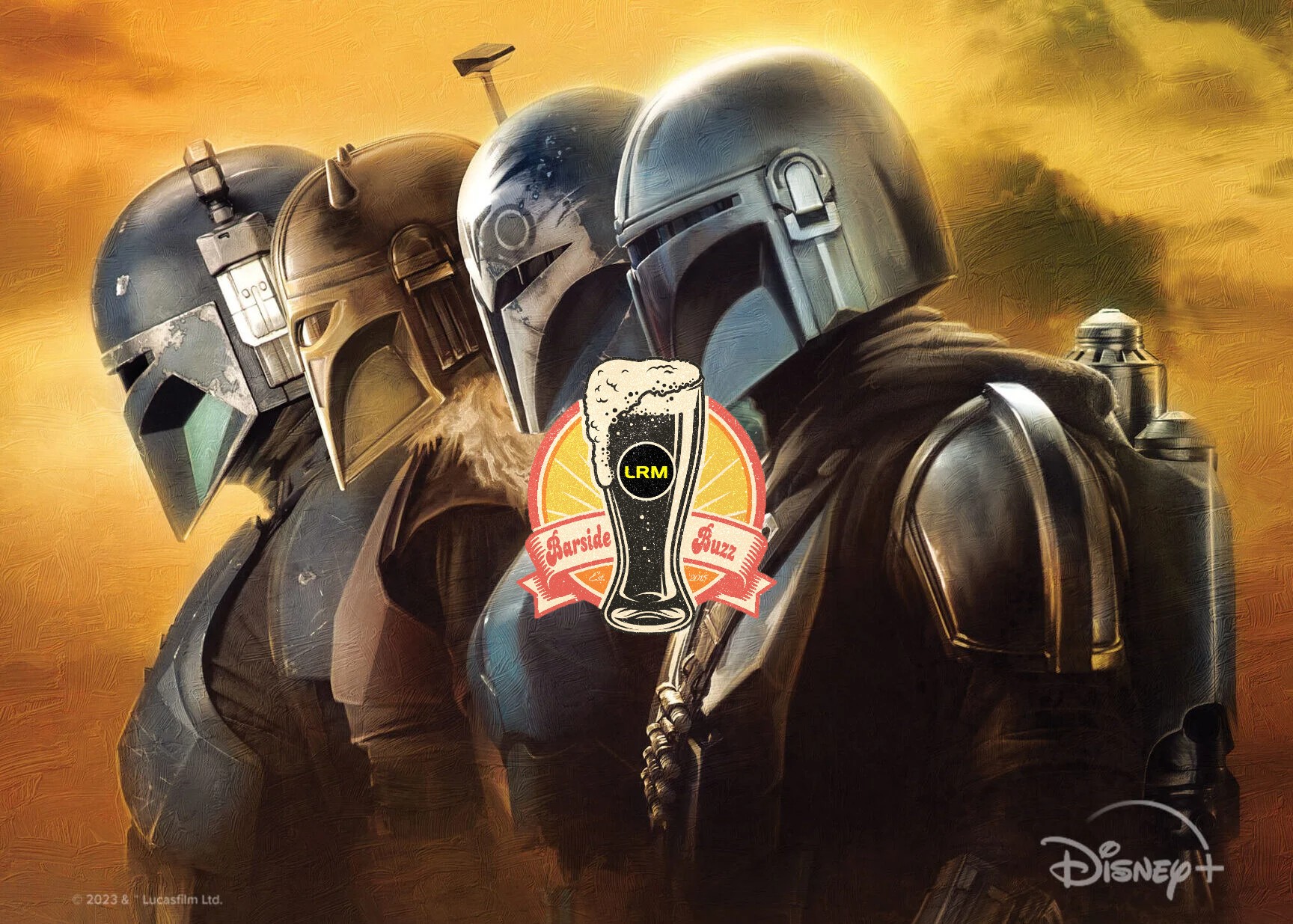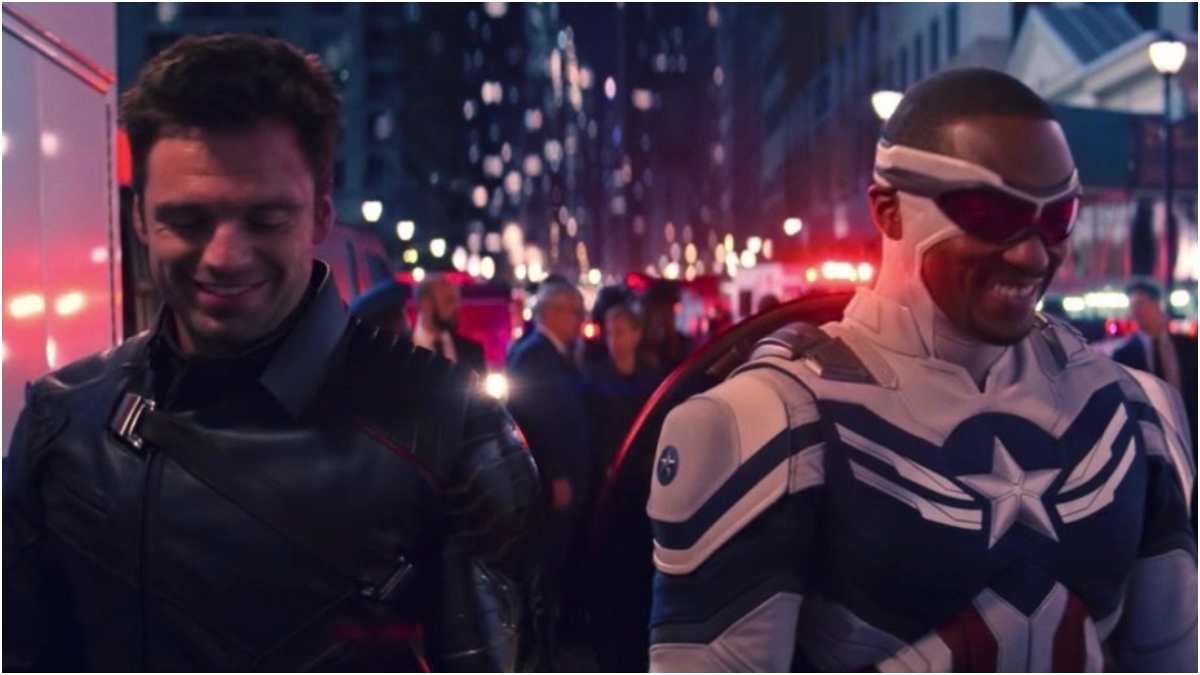
You’ll never look at dim sum the same way again.
Pixar’s short film entry this year with Bao will be from the first solo female director for the company.
Bao is about a mother who raises a dim sum dumpling as her own child after it becomes alive.
The short film is shown before the animated film Incredibles 2 currently. It is featured as the directorial debut for Domee Shi, a story artist at Pixar. She had worked on previous projects, including Inside Out, The Good Dinosaur and Incredibles 2.
LRM sat down for an exclusive interview with director Domee Shi and the producer Becky Neiman.
Read our interview transcript below.
LRM: I saw the short film. I just want to remark…..I don’t know what to say. I hate you [Laughs] for making a short film about dim sum. A food that I actually love. [Laughs]
Becky Neiman: The secret will be out. [Laughs]
LRM: Where did the original idea actually came from for this short film?
Domee Shi: So for me, it came over four years ago. I was just sitting in my office one night at Pixar. I think I was hungry or something [Laughs]. I decided then and there [that] I really want to make a short film like at Pixar or like outside of Pixar on my own. I just wanted to challenge myself creatively. I was inspired by my own life growing up as an only child to my two Chinese parents. My mom, who’s right there. [Motions towards her mother] I feel like ever since I was little, she’s always treated me like a precious little dumpling. Shw was always making sure I never wandered away too far. That’s why she’s over here. [Laughs] To know I was safe and protected.
I wanted to explore that relationship between an overprotective parent and a child. I wanted to use the dumpling as kind of like a metaphor for that relationship. I really love classic fairytales, like a little Gingerbread Man. I wanted to do a Chinese version of it with the dumpling.
LRM: Yeah. But, the Gingerbread Man didn’t end well.
Domee Shi: Yeah, that didn’t end very well. But, ours does. Sort of. [Laughs]
LRM: How did you meet this pitch to Pixar to make it into a short film?
Domee Shi: Pixar, a once in a while, will ask anybody at the studio to pitch ideas for short films. I signed up for it. I pitched three ideas. Bao was one of them. I just didn’t know if they would go for anything specific or weird. Those were the reasons why they loved the idea for Bao. I was greenlit to become the next official Pixar theatrical short in 2015. Then after that Becky [Neiman] became my producer.
Becky Neiman: Then we put together a crew. The actual production of the short took about a year and a half. Domi had been working kind of on her own on the storyboards and some of the early art work for it. Once we put a crew together, it ended up going really smoothly, because she had thought through all of the story ideas ahead of time.
LRM: So how, how did you come to the decision for, what I saw was, a dialogue free animated a short film. That was quite impressive.
Domee Shi:Thank you. I knew early on that I wanted it to be without dialogue, because I wanted the story to be as universal as possible. When you strip away dialogue–you’re kind of forcing yourself to tell this story visually. I wanted as many people, from as many backgrounds, from all kinds, all ages, from kids to adults to understand it. It was a challenge I placed upon myself pretty early on.
Becky Neiman: Fun fact though. There is a tiny bit of dialogue. It comes out of the television screen in the dining room. There’s a soap opera playing.
Domee Shi: That we recorded ourselves.
Becky Neiman: It’s in Mandarin. For those Mandarin speaking audience members, they’ll kind of get a little special treat.
Domee Shi: The soap opera playing on the TV is kind of a parallel story to what’s happening in the short. If you listen carefully and you understand Mandarin, it’s like a mother and an adult son arguing. It’s over the son leaving with his new wife and all that stuff.
LRM: Oh really? Wow. That’s. Yeah, that’s very interesting.
Domee Shi: It was a homage to me and my mom watching Cantonese soap operas growing up in Toronto. I felt like there would always be like a soap opera playing in the background when I was hanging out with my mom at home. So I just wanted that feeling of nostalgia.
LRM: [Turns to Domi Shi’s mother in the room] Have you seen the film yet?
Domee Shi’s Mother: Yes. Four times. [Laughs]
LRM: What did you think about it?
Domee Shi’s Mother: I liked it. Very much.
Becky Neiman: The thing too about the fact that there’s no dialogue meant that our score was going to be really important. We feel really lucky that we found a composer that was perfectly suited for this job. He, himself, is Chinese-American. He was able to incorporate eastern and western instruments in the way that Domi wanted. We feel that is also in a way our dialogue with that score.
LRM: Tell me about the animation process itself, because it is a dialogue-free and it relies heavily on the score. That means the animation is very important, especially with the expressions, for sure. Tell me about how you develop that and the style that you went ahead.
Domee Shi: Right. So a really early on. I worked really closely with the animators to do a lot of expression tests for the characters, for the mom character, for the dumpling character. We were highly inspired by Hiyao Miyazaki films, Isao Takahata films. There’s a lot of 2-D animation in Japanese anime, which is like what I grew up with. I drew style guides for the animators to follow. We just slowly worked back and forth developing the style. They would animate a shot and then they will show it to me. In the morning, I would do draw overs where I would pause the animation and literally draw on top of their animation to kind of direct them how to push the posing and the acting. I basically worked really closely with the animators, over the course of a couple months. We were able to craft that style.
Becky Neiman: Our characters, as you’ve noticed, are highly stylized. There were some challenges. We’ve got a mom’s head is almost over half of her body. For Dumpling, his arms don’t actually really reach anything that he needs to do. We would try to sort of cheat in a way to camera to hide him doing certain things so that the audience couldn’t see, but yet still look believable. That was another challenge for us to make sure it never took the audience out of the story. Even though these characters are really nothing you would see in real life.
Domee Shi: It was a conscious decision for me to lock the camera for most of the short. We have about six camera moves in total throughout the whole short. It was because by locking the camera and not moving it, that allowed the animators to really break the model and rigging and they can do more like graphic poses, more bigger, and more cartoony expressions for the characters. They wouldn’t have to worry about the characters looking good from all angles. Once you lock the camera down, it flattens the whole frame. You can kind of just play around in that frame without having to worry too much.
Becky Neiman: It’s kind of giving away what was going on under the hood or behind the scenes in a way.
LRM: Were there like dozens of reiterations of the drawings of the characters before you finally finalize it?
Domee Shi: We worked really closely with our production designer, Rona Liu. She was in charge of designing the characters and just figuring out the whole look of the short. Once the design is approved, we worked with character modelers and we just kind of do a lot of back and forth. They’ll sculpt the characters. We will give notes. That back and forth will continue. Then we bring on animators who will start to move these models. They’ll notice things that break or that aren’t working. The modelers will go in there and like fix it again. It’s just a collaboration. A huge collaboration between art, animation and character modeling. Everything has to work together to get these characters to feel right.
LRM: Wow. Such a complicated process. Just to make a six minute short film.
Domee Shi: Yeah, totally. We utilize all of the same principles and are held to the level of excellence as our features. It’s just done on a smaller scale.
LRM: What’s actually fascinating that everyone’s talking about that this a female driven short film. How proud of you that to be a part of this? Is it official that you’re the first female [solo] Pixar director?
Becky Neiman: She is. It is official.
Domee Shi: I am the first female short director. It’s a huge hono. I’m very happy and humbled to be the first, but hopefully not the last! [Laughs] Hopefully, the first of many.
Bao is currently playing nationwide as the Pixar short before Incredibles 2.
Source: LRM Online Exclusive

 FOR FANBOYS, BY FANBOYS
Have you checked out LRM Online’s official podcasts and videos on The Genreverse Podcast Network? Available on YouTube and all your favorite podcast apps, This multimedia empire includes The Daily CoG, Breaking Geek Radio: The Podcast, GeekScholars Movie News, Anime-Versal Review Podcast, and our Star Wars dedicated podcast The Cantina. Check it out by listening on all your favorite podcast apps, or watching on YouTube!
Subscribe on: Apple Podcasts | Spotify | SoundCloud | Stitcher | Google Play
FOR FANBOYS, BY FANBOYS
Have you checked out LRM Online’s official podcasts and videos on The Genreverse Podcast Network? Available on YouTube and all your favorite podcast apps, This multimedia empire includes The Daily CoG, Breaking Geek Radio: The Podcast, GeekScholars Movie News, Anime-Versal Review Podcast, and our Star Wars dedicated podcast The Cantina. Check it out by listening on all your favorite podcast apps, or watching on YouTube!
Subscribe on: Apple Podcasts | Spotify | SoundCloud | Stitcher | Google Play



